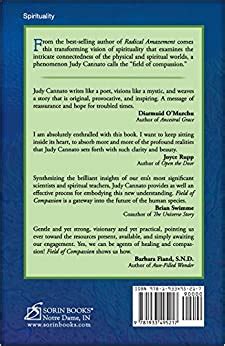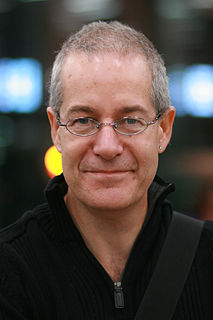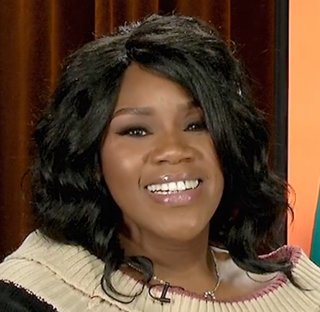A Quote by David Eagleman
Our ignorance of the cosmos is too vast to commit to atheism, and yet we know too much to commit to a particular religion. A third position, agnosticism, is often an uninteresting stance in which a person simply questions whether his traditional religious story (say, a man with a beard on a cloud) is true or not true. But with Possibilianism I’m hoping to define a new position - one that emphasizes the exploration of new, unconsidered possibilities. Possibilianism is comfortable holding multiple ideas in mind; it is not interested in committing to any particular story.
Quote Topics
Agnosticism
Any
Atheism
Beard
Cloud
Comfortable
Commit
Committing
Cosmos
Define
Exploration
His
Holding
Hoping
Ideas
Ignorance
Interested
Know
Man
Mind
Much
Multiple
New
New Position
Not Interested
Often
Our
Particular
Person
Position
Possibilities
Questions
Religion
Religious
Say
Simply
Stance
Story
Third
Too
Too Much
Traditional
True
Uninteresting
Vast
Whether
Which
Related Quotes
When we talk about the Universe Story we are talking about the acquisition of a totally new paradigm, one which overturns many of the patterns that we unconsciously believe to be true. There is not simply the addition of new metaphors and images, but the metaphors and images themselves flow out of a new consciousness inspired by a new awareness of the cosmos.
It is true that a great deal of the rhetoric of the new atheism is often just the confessional rote of materialist fundamentalism (which, like all fundamentalisms, imagines that in fact it represents the side of reason and truth); but it is also true that the new atheism has sprung up in a garden of contending fundamentalisms.
He did not know that the new life would not be given him for nothing, that he would have to pay dearly for it, that it would cost him great striving, great suffering. But that is the beginning of a new story -- the story of the gradual renewal of a man, the story of his gradual regeneration, of his passing from one world into another, of his initiation into a new unknown life. That might be the subject of a new story, but our present story is ended.
I try to employ a different strategy for each story. Often, I'll have a specific look in mind before I even have the story to go with it. I'm not so much interested in forcing the issue of reader identification through various graphic tricks. I'm more interested in creating specific characters that resonate with my own particular inner struggles.
Obviously, if theism is a belief in a God and atheism is a lack of a belief in a God, no third position or middle ground is possible. A person can either believe or not believe in a God. Therefore, our previous definition of atheism has made an impossibility out of the common usage of agnosticism to mean "neither affirming nor denying a belief in God."
I think at a place like Harvard, our experience, I was involved with, at various stages, in trying to implement a new general education curriculum, our experience was that Harvard's all about specialization, that's not just true of the professori, it's also true of a lot of the undergraduates, too, and they come, they kind of know what they want to do, they select it because they have a strong aptitude for something in particular.
"True science has no belief," says Dr. Fenwick, in Bulwer-Lytton's 'Strange Story;' "true science knows but three states of mind: denial, conviction, and the vast interval between the two, which is not belief, but the suspension of judgment." Such, perhaps, was true science in Dr. Fenwick's days. But the true science of our modern times proceeds otherwise; it either denies point-blank, without any preliminary investigation, or sits in the interim, between denial and conviction, and, dictionary in hand, invents new Graeco-Latin appellations for non-existing kinds of hysteria!





































